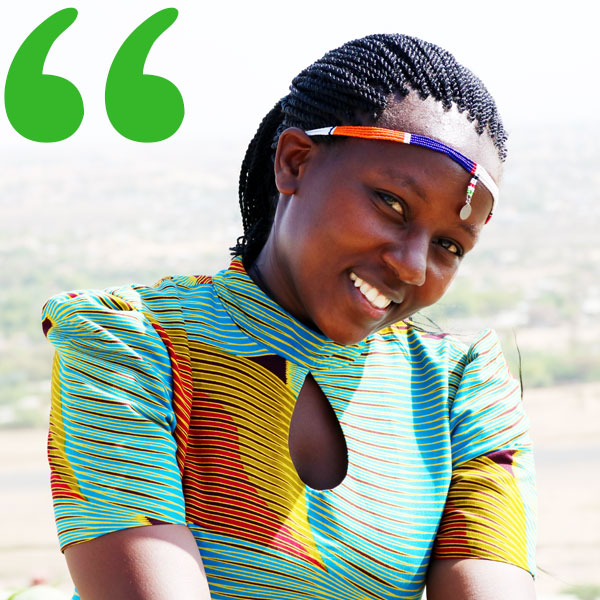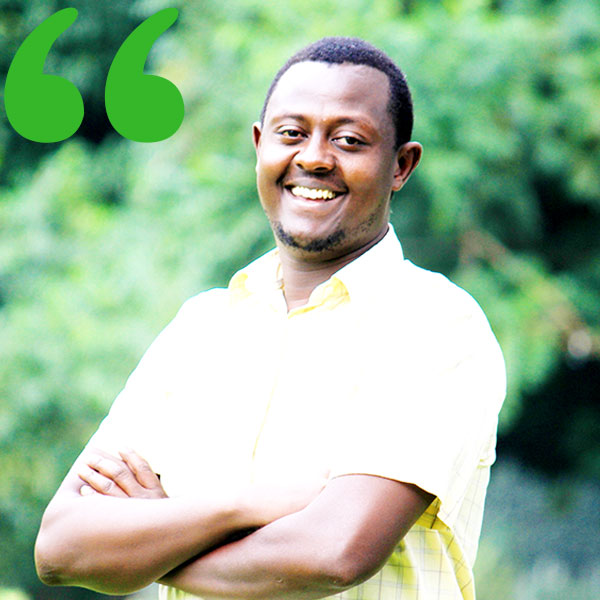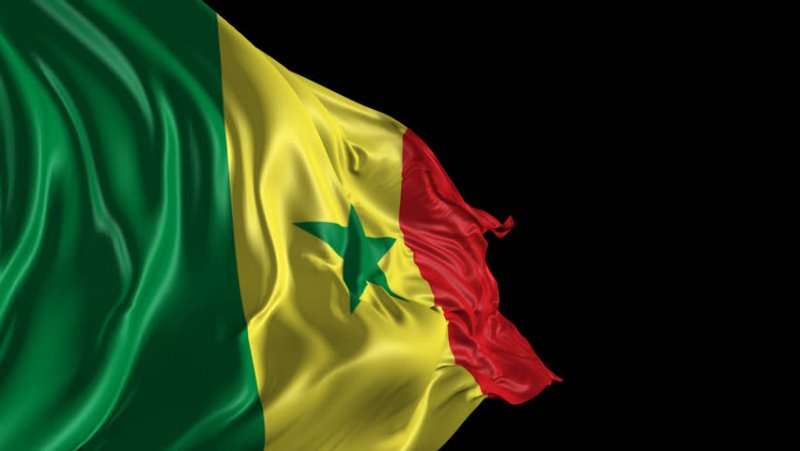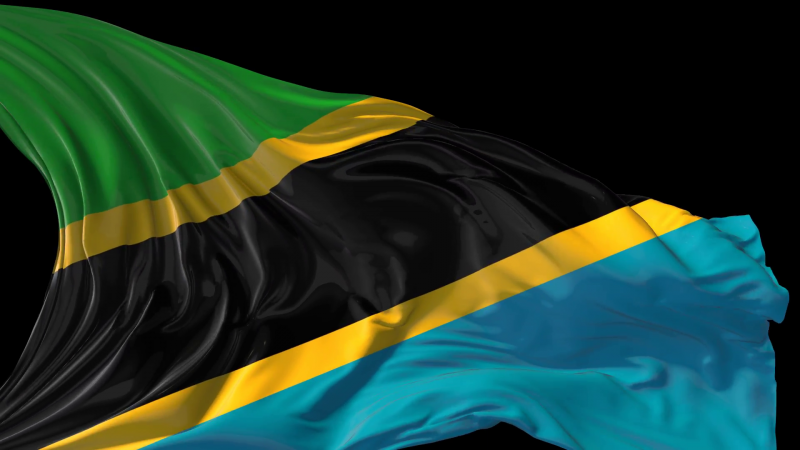
Media Fellow Lilian Kaivilu is a multimedia journalist based in Nairobi, Kenya, with a keen focus on Innovations, Gender, Health, Business and Development stories.
Lilian works as a writing consultant with the World Bank Group and is also the founder of Impacthub Media, an online media platform that focuses on Development, Health and Innovation stories from Kenyan communities.
She has previously worked as a reporter for the Global Press Journal, Kenya News Desk. She has also worked as a Features reporter at Mediamax Network Limited (People Daily Newspaper), and as a sub editor at Shrend Publishers and Supplies Limited.
Lilian is a Bloomberg Media Initiative fellow (Strathmore Business School), Safaricom Business Journalism fellow (Strathmore Business School), Kenya Institute of Mass
Communication Journalism Graduate and a Linguistics, Media and Communication graduate from Moi University. In addition, she is currently taking Digital Capacity Building training by the World Association of Newspapers and News Publishers (WAN-IFRA). She is also pursuing the WAN-IFRA’s Media Management course.
For her fellowship tenure, in the run up to Kenya’s 2016 elections, Lillian covered stories on ICT for rural access to information, how ICT is transforming Nairobi’s Kibera slum, challenges to political participation by rural populations and local innovations in maternal health care.
Emmanuel Kajubu

Media Fellow Emmanuel Kajubu assessed the performance of elected leaders in Western Uganda, a year after they were voted into office. Many of them had committed to improve service delivery in education and health if they were elected.
Kajubu focussed on the districts of Kabarole, Kasese, Kyenjojo, Kyegegwa, Ntoroko and Kamwenge, which form the Rwenzori region, and worked in collaboration with ICT4Democracy in East Africa partner Toro Development Network (ToroDev).
In interviews with the electorate, some members of the community said that after being elected, the leaders had not returned to consult them on issues affecting the community or fulfilled pledges made during campaigns. In response, many of the elected officials argued that they were constrained to carry out monitoring and supervision of government projects due to lack of funds.
His stories were published on the Uganda Radio Network website, an online news agency, and on the Toro Development Network website.
- Residents want local leaders assessed.
- Voters Demand mid-term assessment of leaders
- A year in office, leaders yet to Fulfill Pledges
He also developed an eight-minute radio feature which summarised the views of the electorate and local leaders. It was broadcast on Hits FM Radio in Fort Portal on October 22, 2017. The radio station works with ToroDev and serves as a platform for the community in Western Uganda to air out issues affecting them and also for leaders to be accountable to the community.
Deux études sur la cybersécurité et la cybercriminalité au Sénégal
Jonction |
Jonction vient de produire deux (02) études; l’une portant sur l’état des lieux de la cybersécurité et de la cybercriminalité au Sénégal et l’autre sur une analyse critique de la stratégie nationale de cybersécurité du Sénégal. Ces études ont été menées dans le cadre du programme «Intégration des droits de l’homme dans les processus de cybersécurité et de cybercriminalité» ; mené en partenariat avec Global Partner Digital.
Le programme «Intégration des droits de l’homme dans les processus d’élaboration de politiques en matière de cybersécurité et de cybercriminalité» au Sénégal a pour objectif général de:
- Faciliter l’engagement de la société civile dans les processus décisionnels nationaux clés en matière de cybersécurité et de cybercriminalité.
En effet ; le gramme vise à renforcer la liberté de l’Internet au Sénégal en facilitant la participation de la société civile aux principaux processus nationaux en matière de cybersécurité et de cyberdécision.
Le projet est guidé par deux (2) objectifs stratégiques globaux, chacun d’eux ayant des activités bien conçues pour garantir que les objectifs seront atteints :
- Objectif 1 : Renforcer la capacité des organisations de la société civile du Sénégal à s’engager efficacement dans les principaux processus d’élaboration des politiques en matière de cybersécurité et de cybercriminalité
- Objectif 2 : Renforcer l’engagement stratégique de la société civile dans les principaux processus d’élaboration des politiques en matière de cybersécurité et de cybercriminalité au niveau national ; les résultats des politiques au niveau national s’inspirent des contributions de la société civile et, par conséquent, des normes et du droit internationaux relatifs aux droits humains.
How Social Media Taxes Can Burden News Outlets: The Case of Uganda
By Juliet Nanfuka |
In July 2018, the government of Uganda implemented a tax on individual users of social media platforms. In the first three months following the introduction of the tax in the country, internet penetration dropped from 47 percent to 35 percent. Given that a significant amount of news circulation now happens via social media and messaging apps, how might this new tax impact the news media ecosystem? The negative effects on news media are less direct and arguably more pernicious than might be expected.
See the full report published on the Center for International Media Assistance (CIMA) website as part of the Open Internet for Democracy Leaders Initiative.
UN Human Rights Council Called to Address Deterioration of Freedoms in Tanzania
Open Letter |
In recent months, Tanzania has faced increased measures resulting in the shrinking of civic and democratic space in the country. Draconian legislation enacted since 2015 and legal and extra-judicial methods used to harass human rights defenders, threaten independent journalism, and to restrict freedoms of opinion and expression, peaceful assembly and association have been used to reduce the avenues for civic expression.
Recent legislative, policy and practical developments have led to increased international and regional attention on Tanzania. The surge in the number, and strengthening of the wording, of statements delivered by the UN High Commissioner for Human Rights indicate that global concern is growing over the situation in the country, which for decades demonstrated a commitment to improving the human rights of all people, both nationally and within East Africa.
Ahead of the 41st regular session of the UN Human Rights Council (“the Council”), which will
take place from 24 June-12 July 2019, 38 organisations have written to the Permanent Representatives of Member and Observer States of the United Nations Human Rights
Council to deliver statements, both jointly and individually, and to engage in bilateral démarches to address the ongoing deterioration of the human rights situation in the United Republic of Tanzania.
See the open letter here.





